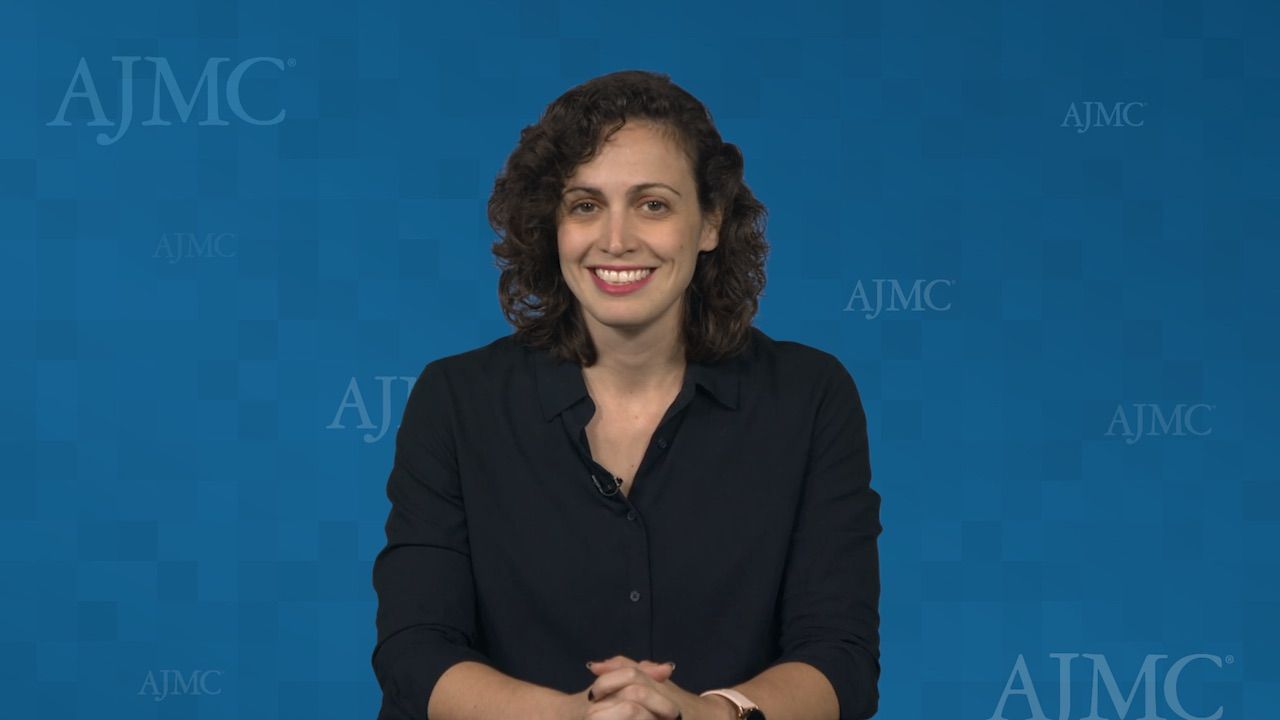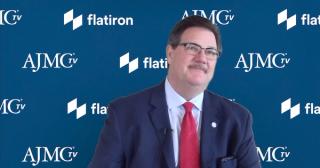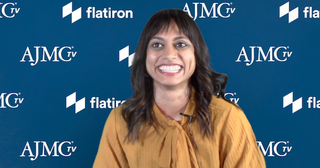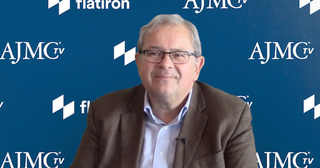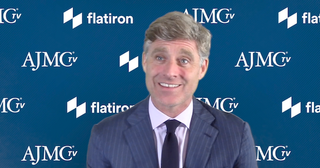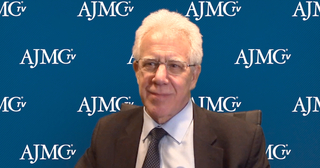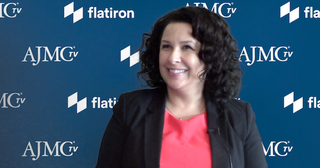
Oncology
Latest News
Latest Videos
CME Content
More News
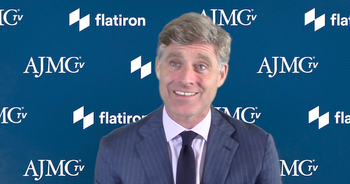
The biggest advice I would give to practices and care teams trying to really engage patients more is be innovative, explained James Hamrick, MD, senior medical director at Flatiron Health.
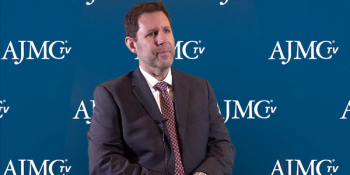
GRAIL has generated enormous innovations in oncology care over the past 2 decades and will continue this trend through exploring 1 of oncology’s biggest opportunities, early detection of cancer, said Joshua Ofman, MD, chief of Corporate Strategy and External Affairs at GRAIL Inc.

A House committee approves a bill to ban all flavored tobacco products; anal cancer rates are on the rise; the debate continues over competing healthcare measures.
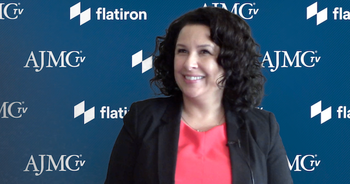
Nina Chavez, MBA, FACMPE, chief operating officer, New Mexico Oncology Hematology Consultants, Ltd., discusses if she thinks biosimilars will play a role in lowering costs in coming years.

James Hamrick, MD, senior medical director at Flatiron Health, discusses some of the biggest challenges with trying to understand what constitutes value for patients and then turning that into actionable information.
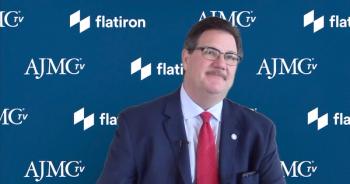
Providing providers with relevant data on quality of care and profitability allows them to adjust their practices efficiently, said Erich Mounce, chief operating officer, OneOncology.

Most patients receiving multimodality cancer care receive care from different practices. Therefore, episode-based payments in oncology must hold multiple providers accountable for costs and quality.

Former FDA Commissioner Scott Gottlieb, MD, who has returned to the American Enterprise Institute, left FDA in April after 2 whirlwind years that saw a record pace of approvals and policy actions that covered everything from high drug prices to teen vaping. He spoke Friday in Philadelphia at Patient-Centered Oncology Care®, the annual meeting of oncology reimbursement stakeholders held by The American Journal of Managed Care®.

Every week, The American Journal of Managed Care® recaps the top managed care news of the week, and you can now listen to it on our podcast, Managed Care Cast.
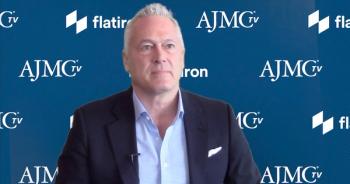
Consolidating unified interests for improved cancer care can enhance efficiency and quality of care for patients, said Tracy Bahl, MBA, president and chief executive officer of OneOncology.

This week, the top managed care news included CMS started planning for life after the Oncology Care Model; a judge blocked a rule requiring immigrants to have health coverage; Election Day brought news for Medicaid work rules.

Oncology care groups have praised the multipayer Oncology Care Model (OCM) for transforming cancer care through greater focus on care navigation, palliative care, survivorship, and keeping patients out of the emergency department. But there are complaints that practices can be penalized for elements beyond their control—notably, the soaring cost of state-of-the-art immunotherapies that were not on the market when the OCM was conceived.
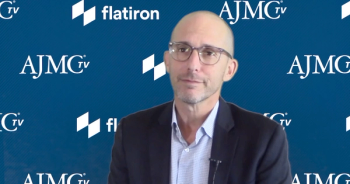
By continuing to gather data on specific genomic data and profiles, we can heighten knowledge of applied treatment information on patient conditions, said Bobby Green, MD, chief medical officer at Flatiron.
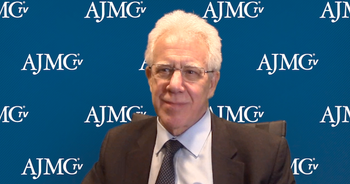
Lawrence N. Shulman, MD, director of the Center for Global Cancer Medicine at the Abramson Cancer Center, and professor of Medicine at the Hospital of the University of Pennsylvania, discusses how value-based care can advance the quality of oncology care that it isn't currently.
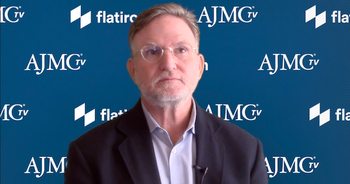
I think there is a lot of confusion, especially in the patient community, about clinical research., explained Bradley Prechtl, MBA, chief executive officer of Florida Cancer Specialists and the American Oncology Network.
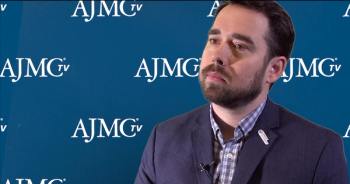
Dr Jeremy Whalen Outlines the Development and Application of Medical Strategies for Efficient Care
Referencing patients as attributable examples of necessary care has assisted in developing strategies for pharmacy and medication benefits, said Jeremy Whalen, PharmD, BCOP, Specialty Clinical Program Director for Oncology at Prime Therapeutics.

Proposed changes to the Stark Law that would make collaboration easier have purposely excluded pharmaceutical manufacturers, according to speakers at the Community Oncology Alliance Payer Exchange Summit.

The Oncology Care Model is a leading innovation in the move from fee-for-service to value-based reimbursement in large part because CMS has made adjustments based on physician feedback, according to an agency official who addressed the Community Oncology Alliance Payer Exchange Summit.

What would a successor to the Oncology Care Model (OCM) look like? Community oncologists discuss at the Payer Exchange Summit sponsored by the Community Oncology Alliance.

Erich Mounce: Investing in a Robust Electronic Medical Record Key to Measuring Practice Performance
Even without input from the Oncology Care Model, community practices can measure performance data through a robust electronic medical record like Flatiron, said Erich Mounce, chief operating officer, OneOncology.

Reality seems so simple. We just open our eyes and there it is. But that doesn’t mean it is simple. Penn and Teller

As costs for cancer care continue to rise, Pontchartrain Cancer Center does benefit and cost analyses for all patients before they start therapy and also takes into account any social needs they might have, said Kathy W. Oubre, MS, chief operating officer at Pontchartrain Cancer Center.

By communicating with oncologists, Flatiron enhances their understanding of potential issues in clinics and how technology can enhance clinical workflow, said Bobby Green, MD, chief medical officer at Flatiron.
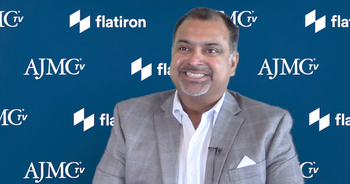
Tesh Khullar Outlines Efforts Needed to Make Sure Providers Are Comfortable Prescribing Biosimilars
Tesh Khullar, senior vice president & advisor, Flatiron Health, explains what efforts are needed to make sure providers are comfortable prescribing biosimilars.
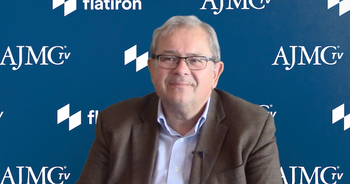
We learn most when we have benchmarking and we can examine our own processes of care, explained Michael Kolodziej, MD, vice president and chief innovation officer at ADVI Health, Inc.


